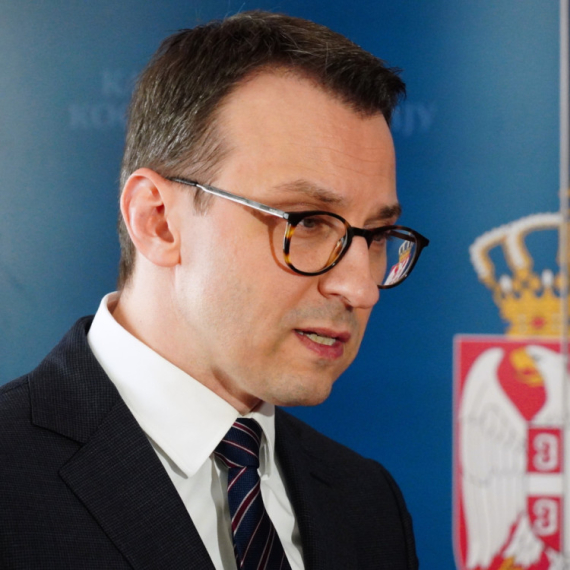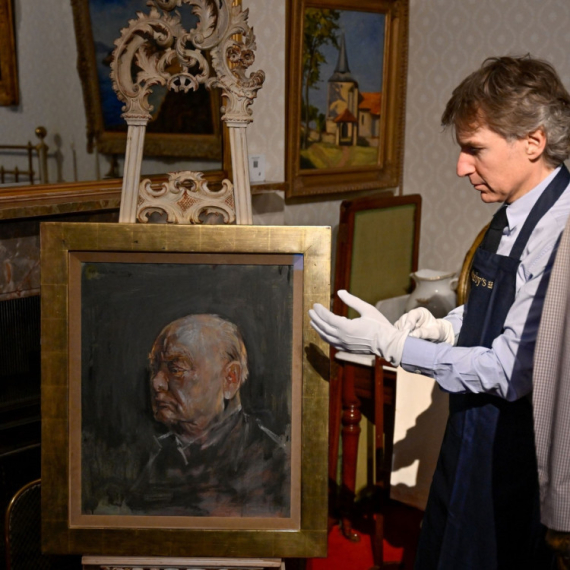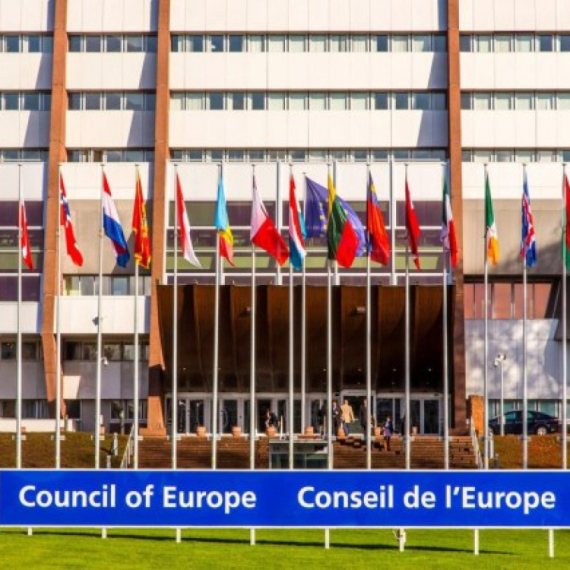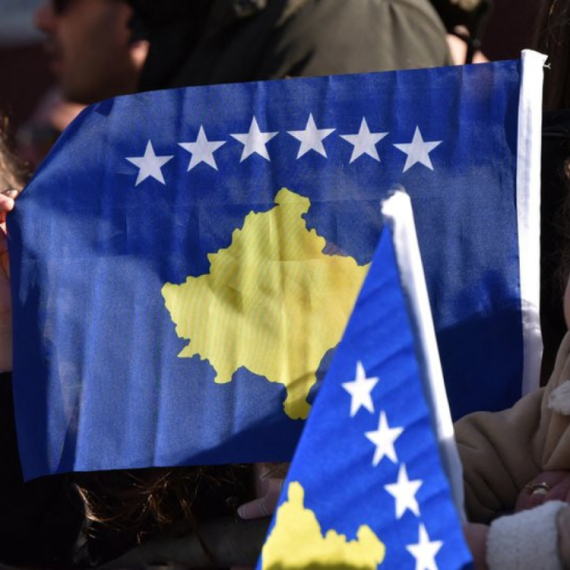Serbian "slava" in UNESCO's cultural heritage list
The Serbian "slava" - family patron saint day celebration - has been included in UNESCO's Representative List of the Intangible Cultural Heritage of Humanity.
Friday, 28.11.2014.
14:15

Serbian "slava" in UNESCO's cultural heritage list
The decision to include the "slava" on the list was taken at Thursday's regular session of the Intergovernmental Committee for the Safeguarding of the Intangible Cultural Heritage, held at the UNESCO headquarters in Paris.The inclusion on the UNESCO Representative List is of great significance for the Serbian culture and its intangible heritage, but it also represents a major obligation for our country in terms of ensuring the conditions to preserve this rich heritage, says Asja Draca Muntean, Assistant Minister of Culture and Information for international cooperation, European integration and projects.
In 2010, Serbia ratified the UNESCO Convention for the Safeguarding of the Intangible Cultural Heritage, with the Ministry of Culture and Information responsible for its implementation.
The nomination of the "slava" for the list was prepared by the Ethnographic Museum in Belgrade, which sent to the UNESCO commission ample documentation that reflects the significance of the "slava" as a symbol of togetherness among Serbs.
The "slava" rite consists of pre-Christian, Christianized and Christian elements, and has as such been passed on through generations, strengthening the religious and national identity of the Serbs.
"The folk tradition of celebrating the patron of one's home, known as the 'slava', was shaped in the medieval Serbian state. Today's traditional and religious form of the 'slava' is also practiced by members of some minority communities;" Marko Stojanović, a member of the nomination team for the inclusion of the "slava" on the UNESCO Representative List, said at a presentation in Paris.
Serbia has nominated the "kolo" dance for inclusion on the Representative List in 2015 as another of 27 elements of intangible cultural heritage that are currently registered in the country, the Ministry of Culture said in the statement.



























































Komentari 3
Pogledaj komentare